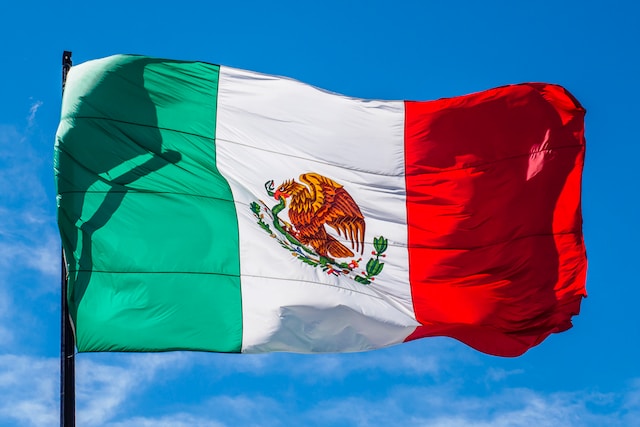In a remarkable turn of events, the Mexican president, amidst mounting farmer protests and a third day of airport blockade, has chosen to ignore the grievances of the agricultural community. The clash between the government and farmers has garnered significant attention, with potential repercussions for the country’s economy and political landscape. This article delves into the details of the situation, highlighting the implications of the president’s dismissive approach and the potential consequences it may have on Mexico’s future.
The current unrest began when farmers, discontent with the government’s policies, decided to take action and stage protests near the country’s major airports. The demonstrations aimed to draw attention to the farmers’ demands, which revolve around issues such as land rights, agricultural subsidies, and fair trade practices. However, rather than addressing these concerns, the Mexican president has chosen to brush them off, raising concerns about his commitment to resolving key issues facing the farming community.
The president’s dismissive attitude towards the farmers’ protests has sparked outrage among agricultural workers and their supporters. Critics argue that this disregard not only undermines the importance of addressing the concerns raised by the farmers but also exacerbates existing inequalities within the agricultural sector. The lack of meaningful engagement with the protesters highlights a disconnect between the government and its constituents, potentially deepening the divide between rural and urban populations.
The ongoing airport blockade has had significant implications for Mexico’s economy. The disruption of air traffic has led to logistical challenges and financial losses for various industries, including tourism and exports. As the standoff between the farmers and the government persists, concerns grow about the long-term impact on foreign investments and trade relations. Additionally, the blockade has caught the attention of international observers, putting pressure on the Mexican government to find a resolution that prioritizes the interests of all stakeholders involved.
Furthermore, the president’s response to the protests may have wider political implications. The lack of empathy and willingness to engage with the farmers’ concerns has led to criticism from opposition parties and civil society organizations. This could impact the president’s approval ratings and potentially weaken his political standing. The fate of the farmers’ protests, therefore, extends beyond their immediate demands, becoming a litmus test for the government’s ability to address social and economic issues effectively.
It is essential for the Mexican government to recognize the significance of the ongoing farmer protests and take steps towards meaningful dialogue and resolution. By dismissing the concerns of the agricultural community, the president risks perpetuating a cycle of discontent and unrest. Addressing the issues raised by the farmers not only promotes social cohesion but also presents an opportunity to implement policies that support sustainable agricultural practices and equitable growth.
In conclusion, the Mexican president’s dismissal of the farmer protests amidst a third day of airport blockade raises concerns about his commitment to addressing the grievances of the agricultural community. The ongoing clash has implications for Mexico’s economy, political landscape, and social fabric. It is imperative for the government to prioritize dialogue and find solutions that ensure the fair treatment of farmers while fostering sustainable agricultural practices. Failure to do so may have far-reaching consequences for the country’s future.












